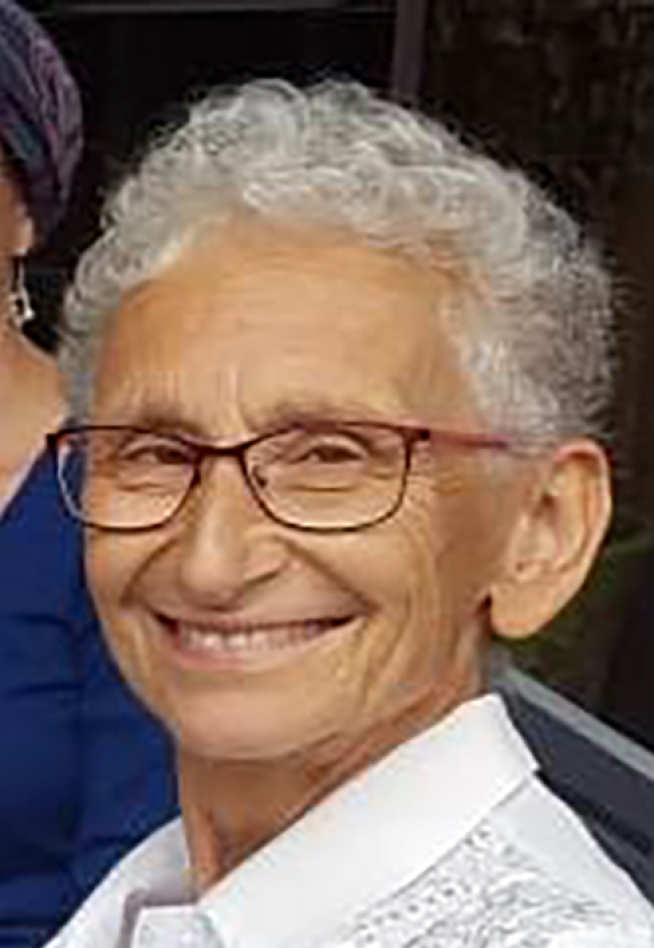Claire Milne
Claire Milne (MSc Mathematics 1973)

Claire Milne was awarded an MBE in 2015 for services to the telecomms sector. Here, she shares her experience of reconnecting with Imperial as a volunteer speaker – and an insight into how a love of probability theory helped to spark her varied career.
How did you reconnect with Imperial as a volunteer?
After I was awarded my MBE, Imperial got in touch and kindly invited me to a dinner. Like many organisations I have been involved with, I think they were keen to claim me as their own. This led to me giving a talk about my career path to around 25 students in the Women in Mathematics group.
I was keen to show that whatever path today’s students might go down, there are advantages to having a mathematical frame of mind. It’s certainly been very valuable to me. I also put a project I was working on - to reduce nuisance calls – onto the list of Masters projects and this was picked up by a student, which was very interesting for me.
What changes did you notice?
Everything has changed since the 1970s! For example, the Huxley Building where I attended lectures is now part of the V&A – and there’s a new Huxley Building in Queens Gate. Also, there are a lot more women studying Mathematics now compared to the two or three of us who might be together when I was a student.
How did you get into the telecoms industry?
I had a love of probability theory, which started when I was an undergraduate at Cambridge, being taught by David Kendall. After my Masters, there seemed to be a number of options open to me. I chose Post Office Telecommunications (now BT, British Telecom) as it used probability theory and was an up and coming field. Of course, I couldn’t predict quite how big an impact mobile phones would have, both here and in developing countries.
I remember that as BT Mobile employees, we were obliged to carry mobile phones in the early days, when they were like bricks. They weighed a ton, so I managed to negotiate carrying a pager instead, to avoid being permanently bowed over.
It’s astonishing what we’re seeing now with smart phones. There are so many issues of security and privacy, of being tracked or misled… This is an area I’m spending more time on now, via my work with CSISAC: the voice of civil society at the OECD's Committee on Digital Economy Policy.
Would you be keen to volunteer again?
If I feel I can be useful, certainly. I feel doubly connected as my son studied at Imperial too. Two years ago he achieved his PhD in Quantum Information. I don’t understand it, but my husband and I both studied maths so perhaps he inherited the mathematics gene?
Would you encourage fellow alumni to get involved?
I wouldn’t say anyone should do it. It’s easy for me as I am approaching the end of my working life and I live in London. But if people like to be at the centre of real academic life, I would definitely say you can go and get that at Imperial. It gives me a good feeling to be associated with Imperial; it’s a splendid institution.
If you’re inspired by Claire’s story and would like to discuss opportunities to volunteer and share your story with Imperial students, please contact Kellianne Bartley, Alumni Volunteer Officer, at k.bartley@imperial.ac.uk.


